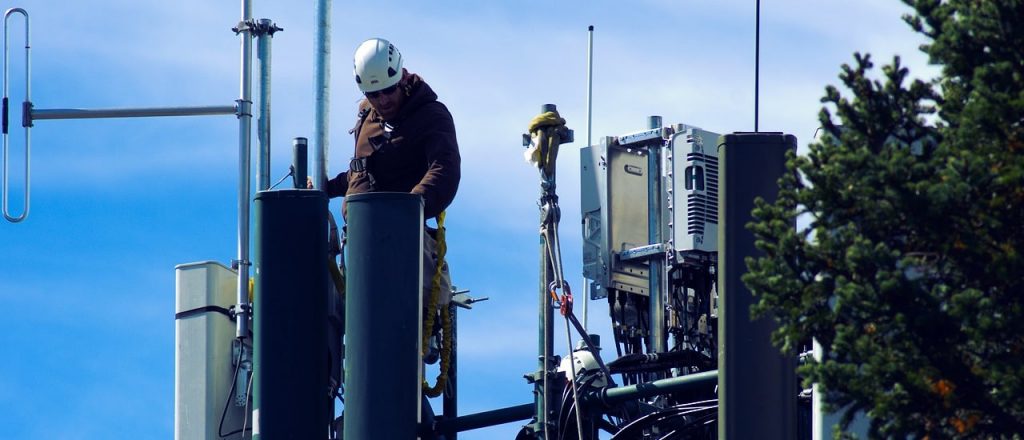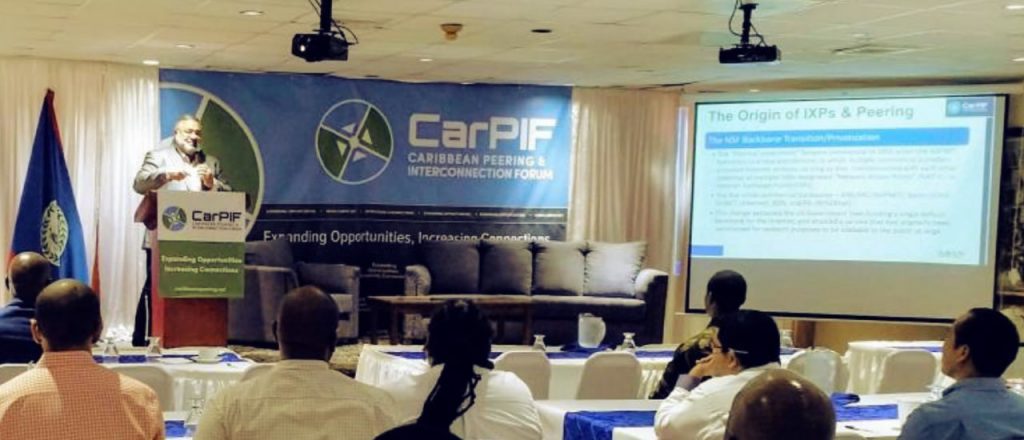Author Archives: Shernon Osepa
Author Archives: Shernon Osepa

Once again, the world is witnessing the destructive power of a natural disaster. This time, the name is Dorian. What worries us is the fact that wind speeds reached the maximum intensity of five on the Saffir-Simpson scale, causing unprecedented damage to islands of the Bahamas. Of further concern is the fact that some Caribbean countries still have not fully recovered from 2017 storms, Irma and Maria. According to forecasts more storms can be expected as we are in the middle of the hurricane season.
The Caribbean remains vulnerable to natural disasters and this has a huge impact on the social and economic development of the region. According to Professor Jamal Saghir, former World Bank executive, and other experts, 20 percent of the Caribbean GDP is spent on natural disaster recovery. You must realize that we are talking about Small Islands Developing States (SIDS) that are already prone to all kinds of challenges due to their small economies.
Natural disasters are not going away and we can even expect them to have greater destructive power in the future. Although we cannot fight against nature, doing nothing is not an option.
At the Internet Society we work for an Continue reading

Cooperation has been key to expanding Internet access around the globe. Ten years ago, the African region created AfPIF, a space focused on collaboration about among regional actors on topics related to peering and interconnection. Inspired by that project, in 2014 I approached Bevil Wooding to create a similar space for the Caribbean.
In recent years, the Caribbean has been losing its traditional industries, such as sugar and banana production. In this context, the Internet can be seen as a good opportunity to leverage the local economy. Fortunately, the idea gained the support of the Caribbean Telecommunications Union (CTU) and the Caribbean Network Operators Group (CaribNOG). That’s how the Caribbean Peering and Interconnection Forum (CarPIF) was born.
From its inaugural meeting in 2015, CarPIF has sought to bring together key infrastructure, service, and content providers to improve network interconnection, lower the cost of connectivity, and increase the number of Internet users and services in the Caribbean. This year, the meeting will be held from 12 to 13 June in Grenada, with the aim of highlight the active role played by the Organization of Eastern Caribbean States (OECS) in the successful deployment of Internet Continue reading
Globally, significant progress has been made in recent years with respect to Internet access, however, much more needs to be done. Presently, 54% of the global community is not connected to the Internet. In the Caribbean region, big disparities can be noted. As measured by Internet penetration rates, while countries such as Barbados (80%), Trinidad & Tobago (70%) are well connected, this is not the case in others such as Haiti (12%) and Guyana (40%).
The challenge in less-connected countries is mainly in their large rural communities. This is where the Internet Society’s ongoing work related to Community Networks (CNs) hopes to have some impact.
Smart strategies, utilizing the skills, knowledge, and authority of all stakeholders such as government, policy makers, the business community, operators, academia, and civil society entities need to be explored. While governments can play a key role, especially with respect to policies that foster network deployment in rural and underserved areas, telecoms operators are also very important. These operators have well-developed transport networks that can be used as backhaul for community networks developers, to get Internet access to rural communities. Conversations with members of the Internet ecosystem often do not include the operators that are Continue reading
2017 was one of the most active hurricane seasons in the Caribbean on record. Five months after the major storms Irma and Marie devastated parts of the Caribbean, there are still far too many people without access to the Internet and everything it offers. In our view, this is unacceptable. Today we published a snapshot of the current situation from the region in a new document, Report from the Field: Post-Hurricane Connectivity in the Caribbean.
The international response to this natural disaster has been mixed at best, and while several entities reached out to the region, a number of challenges impeded smooth and rapid assistance, such as lack of coordination. In some instances, the response from authorities has been either slow or insufficient, or both. The current reality that parts of the Caribbean are still without Internet connectivity this long after the hurricanes wrought their damage is a clear indication that the world’s response to this disaster has fallen short. The robustness of the telecommunications’ infrastructures in certain countries, which form the basis for Internet services, can also be questioned.
The world has the resources to do more.
We ask governments, businesses, educational institutions, NGOs and others, both in the Continue reading